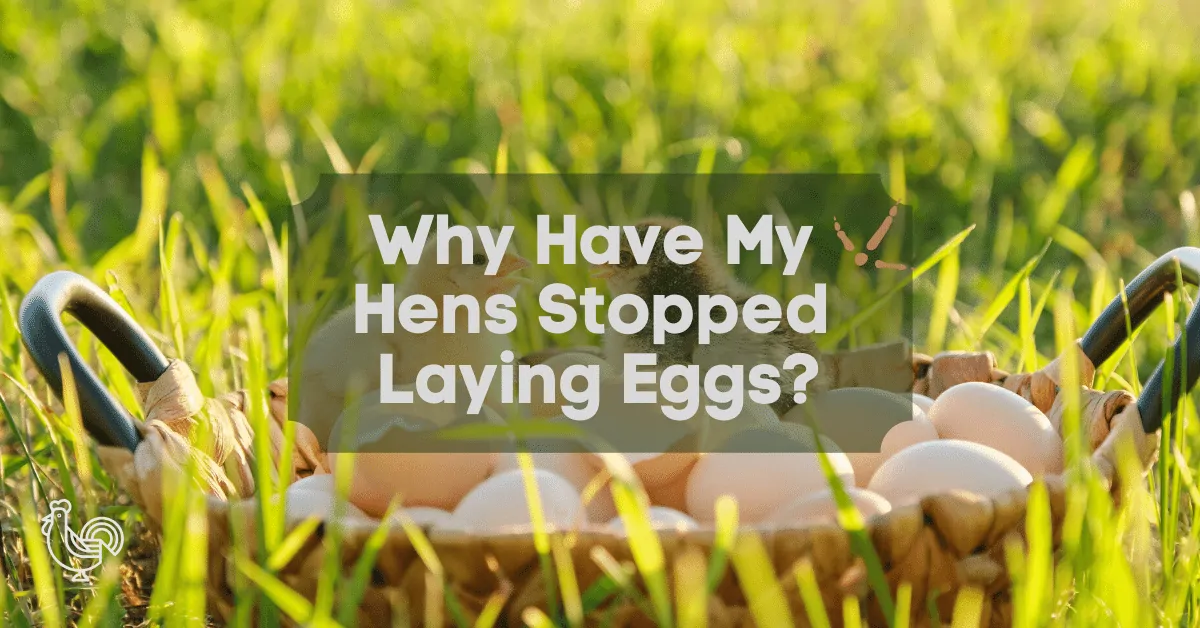One of the perks of our daily caretaking duties is egg collection. Typically, we collect at least one egg per chicken every other day. This number does depend on the girls that are laying them. Some breeds lay more than others. When you noticed that suddenly your hens stopped laying eggs or provide less to collect, it raises concern about their well being. Are they broody? Are they sick? What’s going on?
Have your hens stopped laying eggs? Your hens could have their production slowed down or even have their egg production halt altogether for many reasons. The most common cause for your hen’s reduction in egg production is stress, although many different things could cause this issue.
In this article, we will cover why your hens may have stopped laying eggs and what you can do to bring back their production numbers.
Frisky Roosters: Oversexed Hens
Did you know that one rooster can easily take care of nearly 20 hens? That’s crazy! If you have too few hens for your insatiable rooster, that can lead to your ladies being oversexed by their mates.
Tell-tell signs of ‘too much lovin’ are feather loss on their backs and heads.
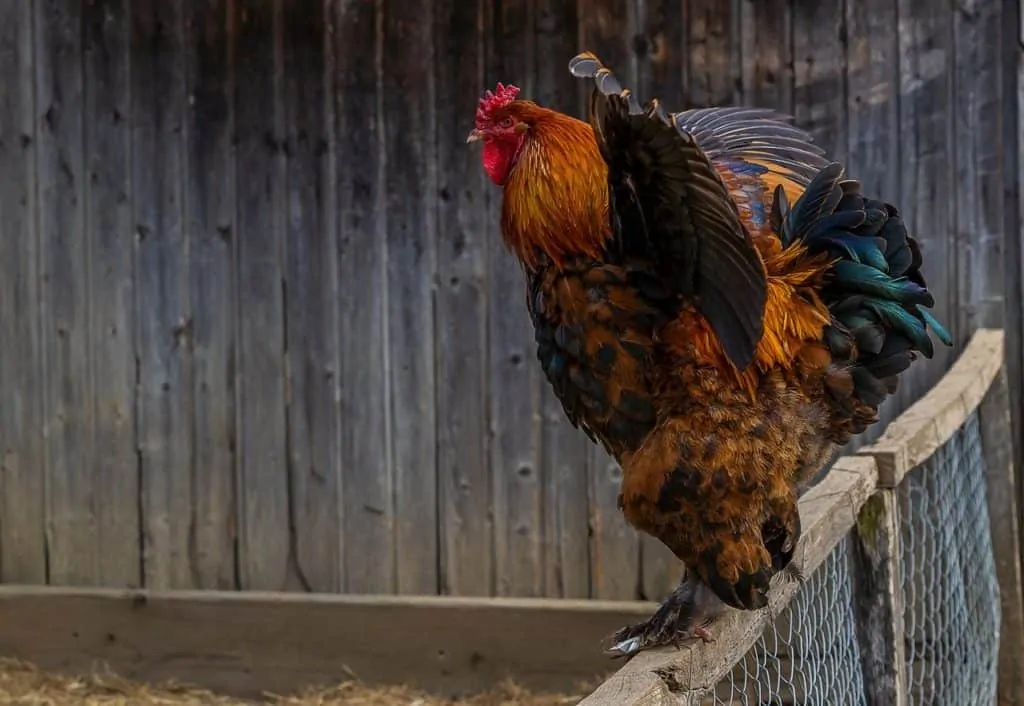
If you discover your hens are starting to lose feathers and have stopped producing as many eggs or have stopped producing eggs altogether, introducing a few extra ladies for your rooster might be a good idea.
Diet
A poor diet is one of the most common reasons why your hens may have stopped laying.
If you have recently changed your chickens feed, or have introduced other types of food into their diets, make sure they are getting the proper amount of nutrition.
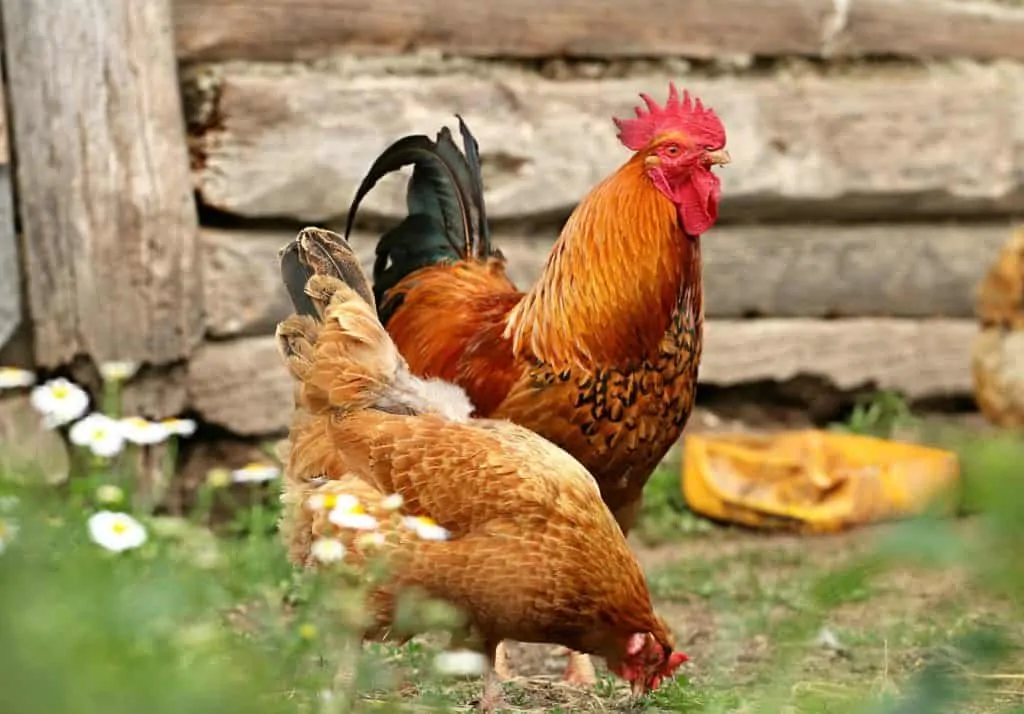
For optimal laying, you want to have at least 17% protein in their diets and provide enough calcium a day 4 to 5 grams is about right.
This will allow your hens to produce well beautiful, well-formed eggs.
Not Enough Fluids: Dehydration
If you live in a hotter climate, dehydration can be to blame for your chickens’ lack of egg production.
It’s also not uncommon for alpha hens to prevent those lower on the pecking order from drinking.
A great way to solve a dehydration problem as well as the pecking order problem that can lead to dehydration in your chickens is to provide multiple watering stations.
Keeping your hens hydrated doesn’t take much. Adding an extra bowl of water nearby will help keep them happy and hydrated.
Tip: Having gravity waterers may help you solve dehydration problems.
A Change in Pecking Order
If you have recently introduced new hens or roosters to your flock, a shift in the pecking order could be possible.
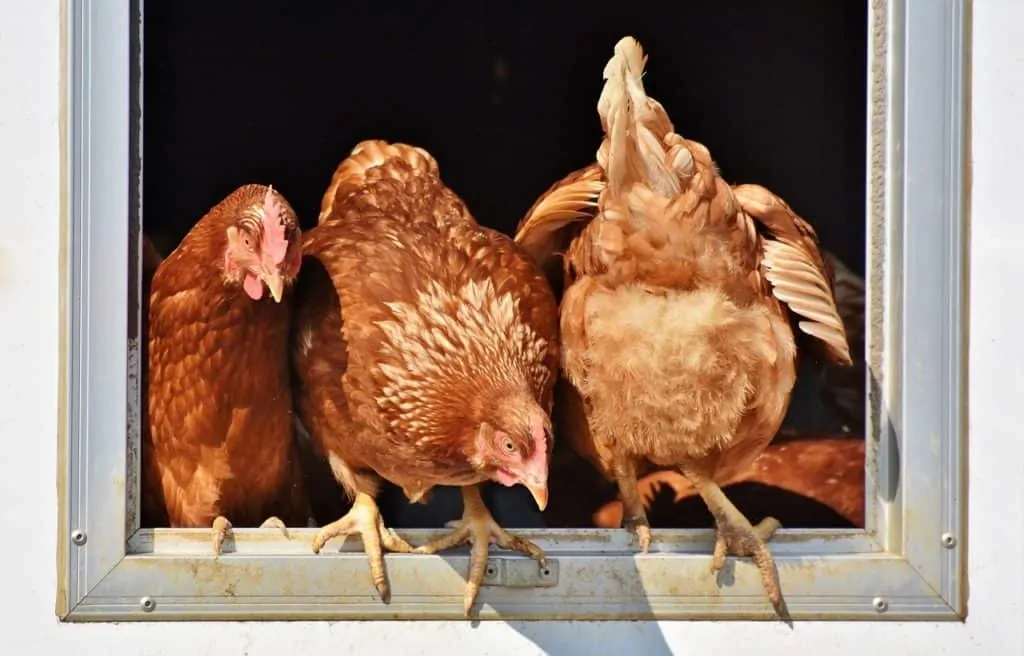
Removing hens or roosters can also cause a power struggle leading to undue stress and a halt in their egg production.
Tell tell signs of this would be rough housing, chasing and basic chicken bullying.
Chickens Eating Their Eggs
The top reason for your chickens eating their own eggs is a calcium deficiency, adding oyster shell or a calcium supplement can remedy this problem.
Chickens will eat their own eggs by an accidental discovery by one being broken. Once broken, they will eat the yolk and then the shell.
Chickens eating their eggs is somewhat of a common problem; believe it or not, if a chicken gets a taste for eggs, it will seek out to devour all it can. It’s important not to let your chickens get a taste for their raw eggs.
It’s essential never to feed your chickens their raw eggs.
Albeit, giving your chickens their cooked eggs are remarkable for their well being, and no it isn’t cannibalism to do this.
You can do this by hard-boiling the eggs and then crushing the eggshell and all. Feeding it to them in a mash format, or you can scramble them and mixed crushed shell back into the egg.
Feeding their eggs back to them occasionally can aid in vitamin and calcium deficiency.
Not Enough Lighting
The amount of lighting your ladies receive plays a big role in their egg production.
Your ladies need a minimum of 12 hours of daylight to produce their eggs and will produce at maximum production with 14 to 16 hours of light.
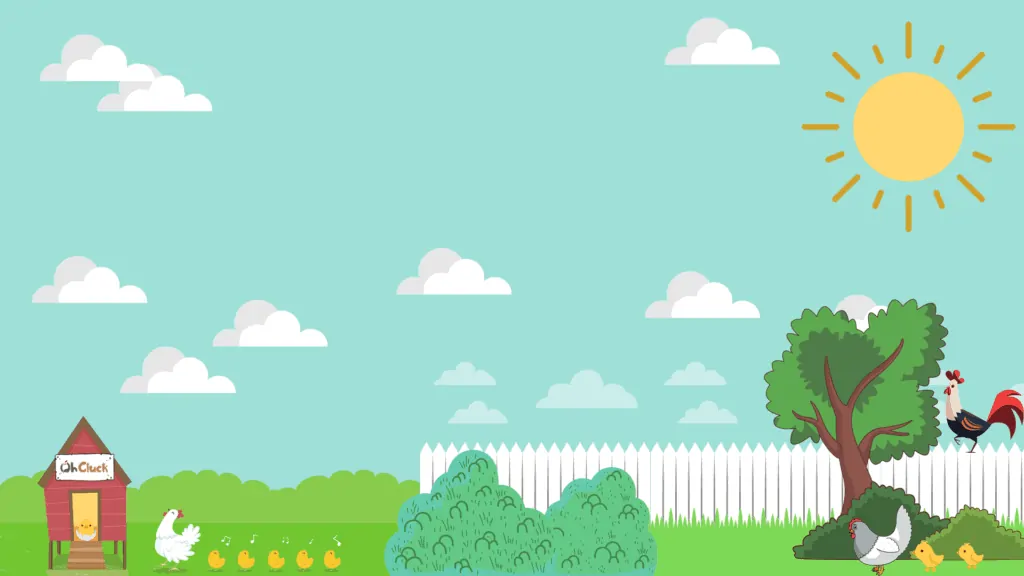
If you are noticing less production or even a complete halt in the production of eggs in months that have low levels of daylight, adding artificial light to the coop can help prolong light exposure and encourage more laying.
Molting: Losing Their Feathers
Chickens go through all sorts of phases, and molting is one of them.
Molting is when chickens lose their existing feathers to make way for new growth. Molting is a process that starts about 14 to 16 months of age. Then again about once a year or a bit longer in-between molts after that.
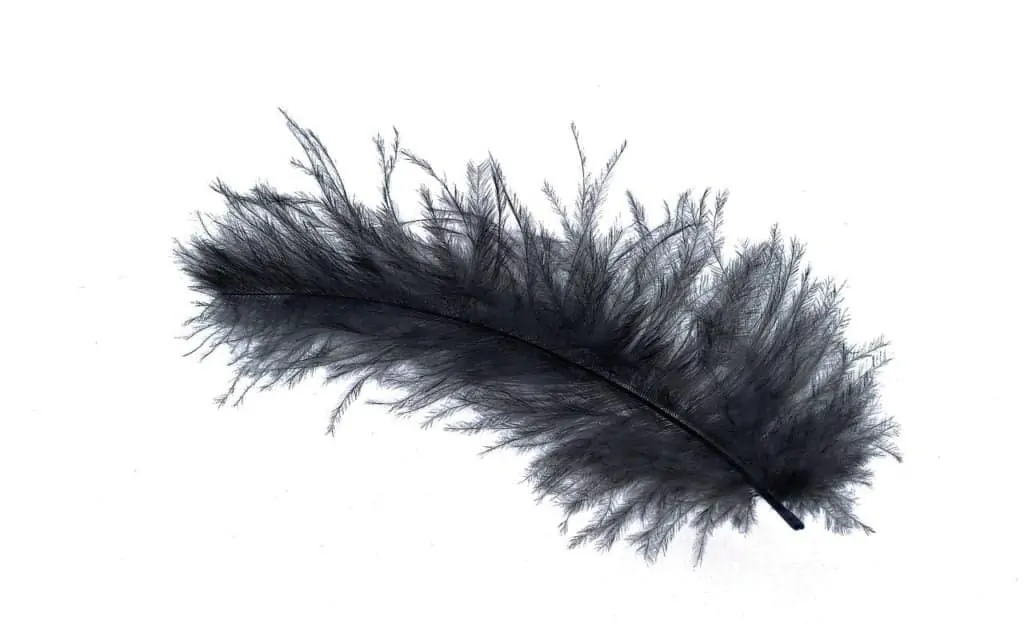
Molting is a stressful time for your chickens, and with stress can come fewer eggs or even a complete stop in egg production altogether.
When a chicken molts you will be able to tell, you will have feathers laying everywhere.
Certain Breeds Produce Fewer Eggs
What breed of chicken lays the most eggs?
In heritage breeds, the top layers are:
- Leghorn (non-industrial)
- Rhode Island (non-industrial)
- Delaware
- Orpington
- Plymouth Rock
- Australorp
- Wyandotte
- Sussex
- Campine
- Langshan
- Dominique
- Java
- Jersey Giant
Just to name a few… lol. The breeds listed above average 200+ eggs a year! Many of which are also dual purpose, but we will cover that later.
Research what breeds would work best for you. There are also Hybrids many people enjoy, along with many more heritage breeds.
Theft in the Coop
You also have to look out for other critters stealing your precious eggs.
The usual culprits are snakes, skunks, raccoons, weasels, opossums, rats, and even your own dog if he has access!
The worst type of theft is of the humankind. It’s not uncommon for egg theft to happen. This is another thing that is hard to deal with – and worst yet, you might blame your birds for not producing eggs when, in fact, it’s your neighbor who is swiping them.
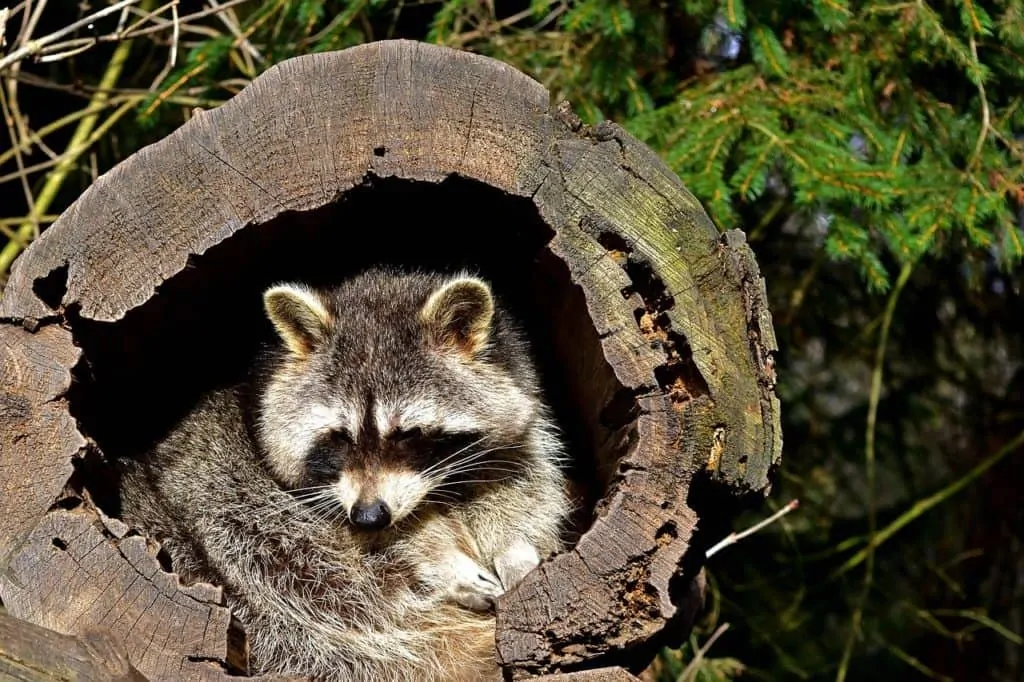
Illness and Parasites
Mites and lice can cause anemia and lead to a halt in egg production.
A deadly parasite called Coccidiosis can wreak havoc on your flock. Ending production and can be life-threatening to your entire pack.
What is Coccidiosis? How Do You Prevent It?
Hens Age
Your chicken’s age plays a big role in how many eggs you will get; hens start their laying career at around 20 weeks of age, and many breeds begin to slow at around two years of age. This doesn’t mean they have stopped, they are just past their prime.
Broody Hens
In the spring and summer months, many hens decide its time to raise a brood of chicks! If you have a rooster, you can let this happen to bring on the next generation of layers, if not, just keep removing the eggs from her, and she will eventually give and move on.
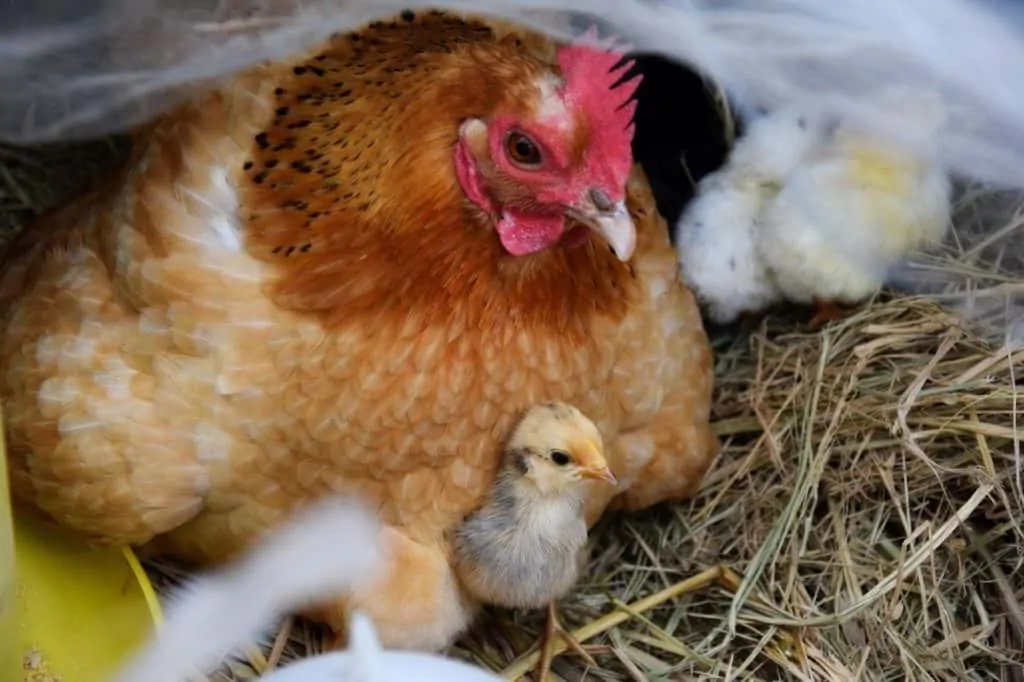
Stressed Out Chickens
If you have stressed chickens, they may stop producing eggs.
Typically there is never just one reason for your chicken’s stress; stress could come from a multitude of things, environmental factors being the most common.
There are many things you can do to ensure your chickens are happy and are producing eggs at a peak level.
So what can you do to make sure your chickens remain happy?
- Make sure they have all their basic needs met. This means having plenty of food, water, and a safe place to coop up.
- Slowly introduce new birds to your flock; new birds can cause stress.
- Bullying or otherwise known as the pecking order is another stress-causing factor.
In Summary
There is a multitude of reasons why your hens stopped laying.
Check on your girls often and make sure they are happy and have the right vitamins and nutrients.
Try to avoid introducing new birds to your flock rapidly.
Make sure your girls feel safe.
Keep an eye out for egg snatchers.
If you have any other questions for us, please reach out to us hello(a)ohcluck.com
Thank you for reading our article. If you enjoyed it, please give us a big share. It will make our day.
OhCluck.com is a participant in the Amazon Services LLC Associates Program, an affiliate advertising program designed to provide a means for sites to earn advertising fees by advertising and linking to Amazon.com
Comments
0 comments

